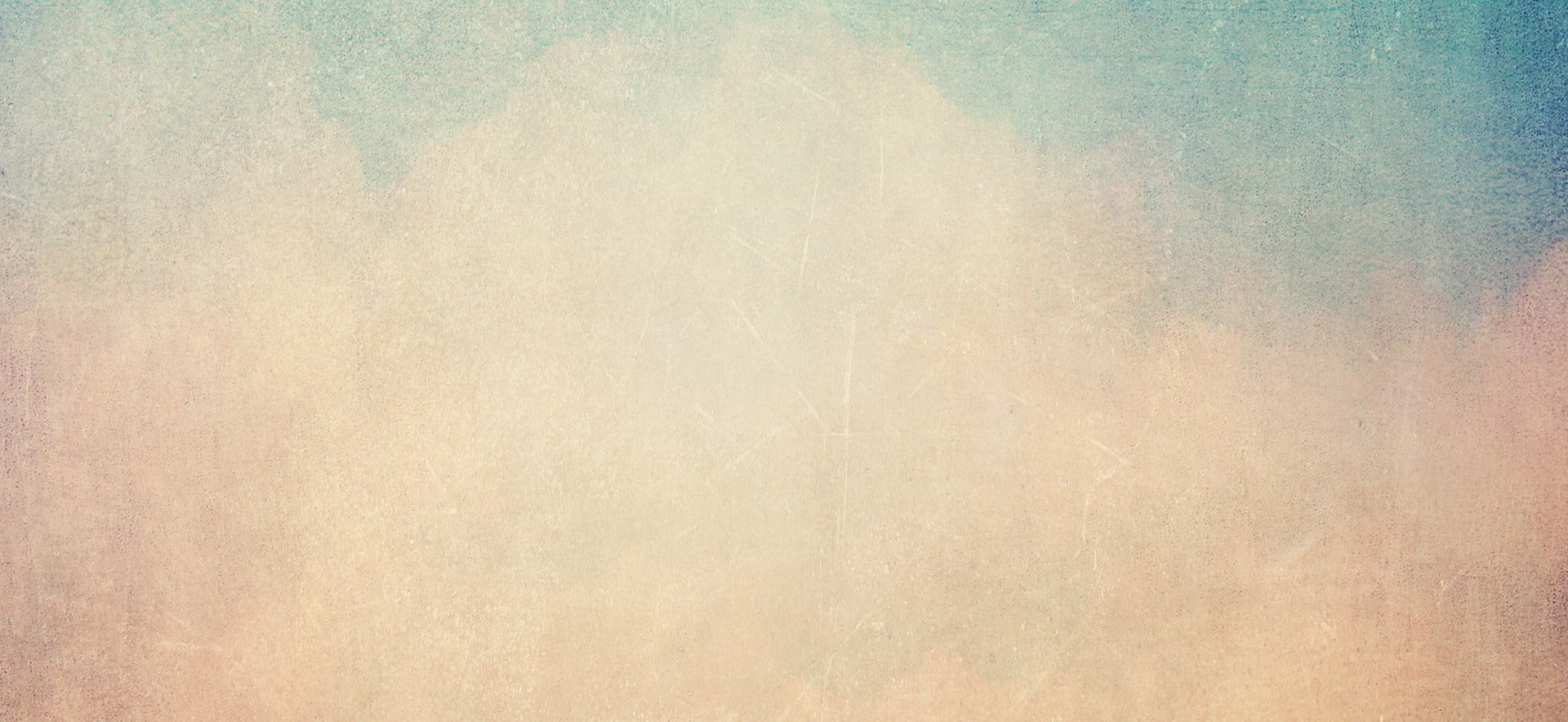A prophecy warning *** تحذير من انشغال الأمة بالدنيا
"... إِذَا تَبَايَعْتُمْ بِالْعِينَةِ، وَأَخَذْتُمْ أَذْنَابَ الْبَقَرِ، وَرَضِيتُمْ بِالزَّرْعِ، وَتَرَكْتُمُ الْجِهَادَ، سَلَّطَ اللَّهُ عَلَيْكُمْ ذُلًّا لَا يَنْزِعُهُ حَتَّى تَرْجِعُوا إِلَى دِينِكُمْ."
ABOUISHAQ
9/28/20251 min read


"إِذَا تَبَايَعْتُمْ بِالْعِينَةِ..*** سَلَّطَ اللَّهُ عَلَيْكُمْ ذُلًّا *** A prophecy warning
In this profound explanation, we delve into a powerful and eye-opening Hadith of Prophet Muhammad �isham where he warned his Ummah of specific actions that would lead to humiliation and decline.
The Prophet ﷺ said: "If you trade by 'Einah, and are content with agriculture, and you take hold of cows' tails, and you abandon Jihad, Allah will impose upon you a humiliation which He will not remove until you return to your religion."
What is the dangerous meaning of "'Einah"? How does being content with "agriculture" and "cows' tails" relate to us today? And what is the direct link between abandoning Jihad and the state of the Ummah?
Sheikh Al-Hawaini meticulously breaks down this prophecy, connecting its timeless wisdom to our modern reality. This video is a crucial reminder for every Muslim seeking to understand the current state of the Ummah and the path to restoration as prescribed by Allah and His Messenger.
🔍 In This Video, You Will Learn:
The full text and authentic chain of the Hadith.
The meaning of the forbidden transaction of "'Einah" and its modern forms.
The deeper meaning behind "being content with agriculture" and "taking cows' tails."
The comprehensive meaning of "Jihad" that we have abandoned.
How these warnings manifest in today's world.
The solution to regain honor and lift the humiliation.
📚 Chapters / Timestamps:
0:00 - The Startling Prophecy
1:45 - What is the Sin of 'Einah (العينة)?
5:20 - The Danger of Loving This World
8:10 - The True Meaning of "Jihad" We've Forgotten
12:05 - How This Hadith Explains Our Reality Today
15:30 - The Way to Regain Our Honor
📖 Source Hadith:
Narrated by Abu Dawud in his Sunan.

Experience premium unmatched quality and variety.
Terms & Conditions


